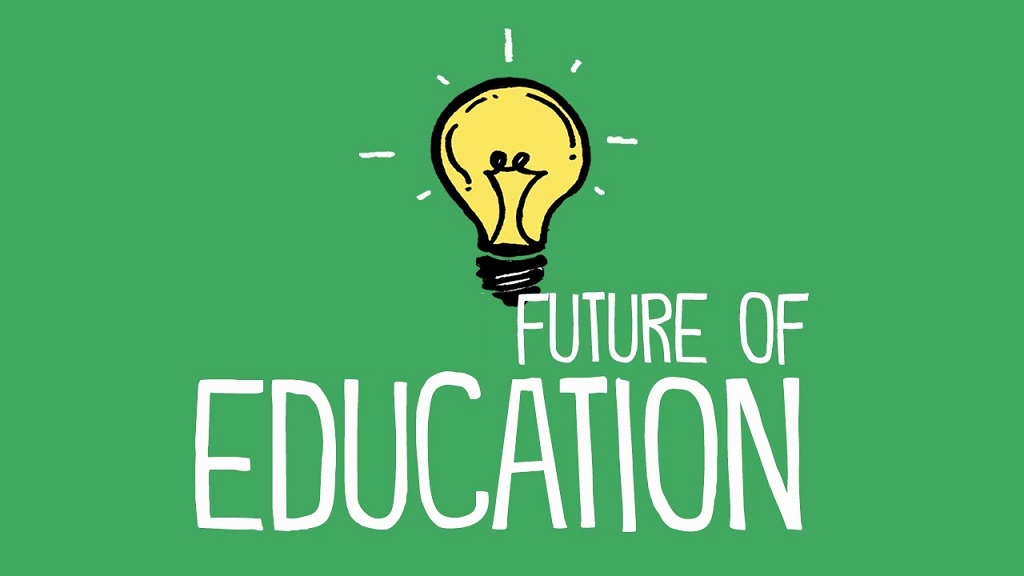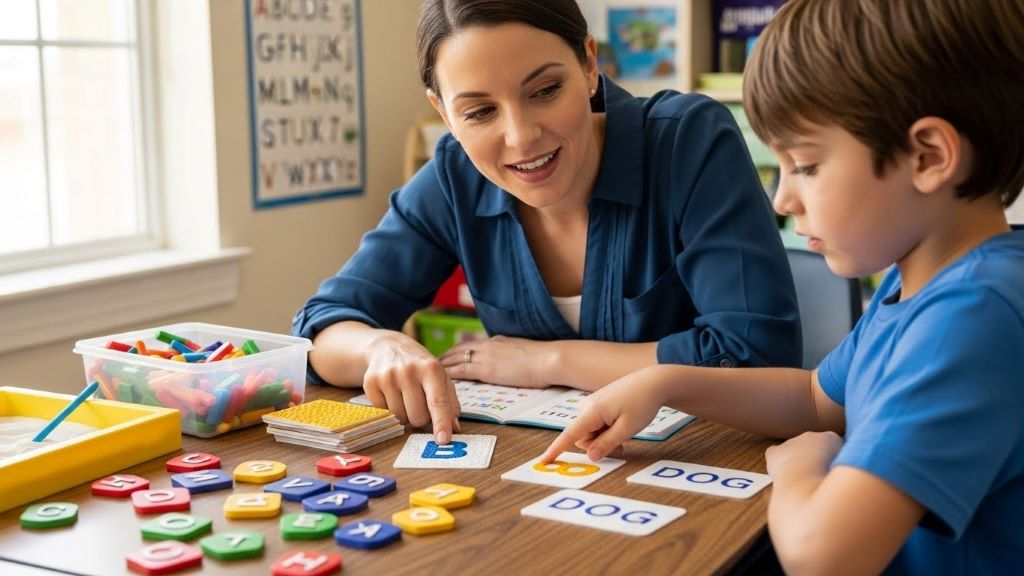In recent time, the scenery of education has experienced anamazing transformation, largely driven by progresses in technology. One of the most significant changes is the increasing popularity and prevalence of online classes. As technology continues to evolve and reshape various aspects of our lives, it’s natural to wonder: Will online classes be more widely used in the near future? This article explores the trends and factors that suggest a prominent role for online classes in the future of education. Whether you’re a worried parent or an educational faculty, if you are willing to get your hands on online teaching systems, please visit https://eloomi.com/.
Technological Advancements
Technological advancements have paved the way for more sophisticated, interactive online learning platforms. Virtual classrooms, video conferencing, augmented reality, and virtual reality are becoming integral components of online education. These technologies enhance the learning experience, allowing students to engage with course material in immersive ways that were previously unimaginable.
Availability& Flexibility
Online classes offer unparalleled accessibility and flexibility. Students from diverse geographical locations can access high-quality education without the need to relocate. This elasticity is mainlyhelpful for working specialists, parents, &persons with other pledges. As the world becomes more interconnected, the demand for education that fits into busy schedules will likely drive the continued growth of online classes.
Personalized Learning
Adaptive learning algorithms and data analytics are revolutionizing the way students learn. Online platforms can analyse individual learning patterns and preferences to deliver personalized content and recommendations. This approach caters to different learning styles, paces, and strengths, making education more effective and engaging for a wider range of students.
Global Learning Communities
Online classes foster global learning communities by connecting students and educators from around the world. This multicultural exposure enhances the learning experience by providing diverse perspectives and insights. Collaborative projects, discussions, and cultural exchanges become seamless in virtual classrooms, preparing students for a globally interconnected future.
Lifelong Learning
In this job market, the need for continuous upskilling and reskilling is becoming increasingly evident. Online classes offer a convenient way for individuals to engage in lifelong learning, allowing them to stay relevant in their careers and adapt to new challenges. Micro-courses, certifications, and online degrees make it possible to acquire new skills without taking extended breaks from work.
Price-Effectiveness
Education via internet often comes at a lower cost compared to traditional in-person programs. The absence of physical infrastructure, such as classrooms and commuting expenses, can significantly reduce the financial burden on students. This affordability is a key factor in attracting learners who might have otherwise been unable to pursue higher education.
Hybrid Learning Models
The future of education might see the integration of hybrid learning models, combining the best of both online and in-person instruction. This approach allows students to benefit from face-to-face interactions with instructors and peers while also capitalizing on the flexibility and convenience of online components.
Continuous Innovation
The field of online education is constantly evolving, with educators and technologists seeking new ways to enhance the learning experience. As more innovative methods, tools, and platforms are developed, the appeal and effectiveness of online classes will continue to grow.
Environmental Sustainability
Internet classes contribute to a more environmentally sustainable education model. Traditional education involves significant resource consumption, from paper for textbooks to energy for transportation. Online classes reduce the need for physical materials and commuting, leading to a smaller carbon footprint.
Equitable Access to Education
Online classes have the potential to bridge the gap in access to education. In regions with limited educational infrastructure, online learning offers a lifeline to quality instruction. Additionally, individuals with physical disabilities or health issues can benefit from online education, which can provide a supportive, helpful learning environment.
In conclusion, the rise of online classes in the future of education is not just a possibility, but a highly likely trajectory. Technological advancements, coupled with the demand for accessibility, flexibility, and personalized learning, suggest that online education will become even more prevalent. As the world evolves, education too must adapt, and online classes are poised to play a central role in shaping the future of learning.


